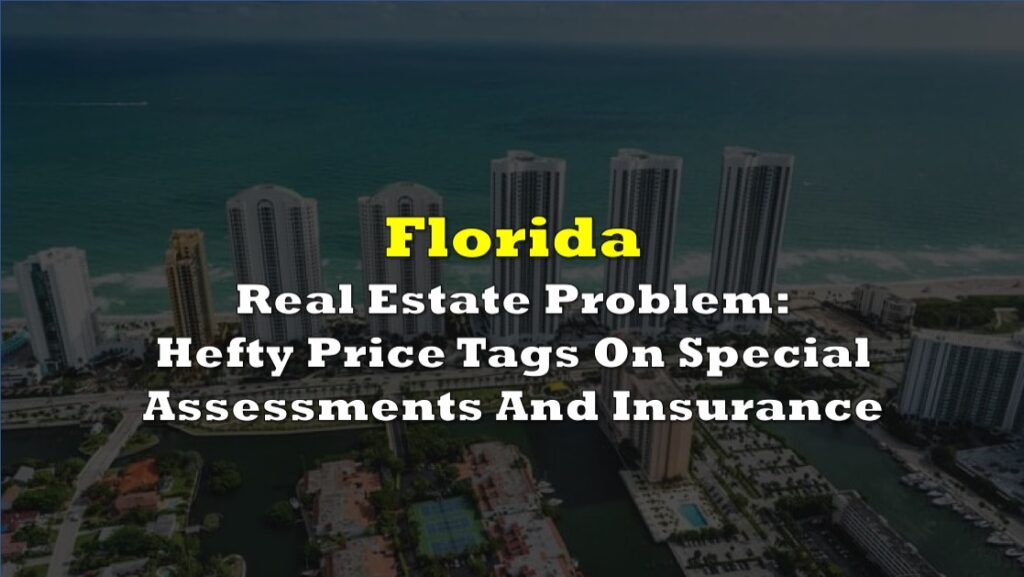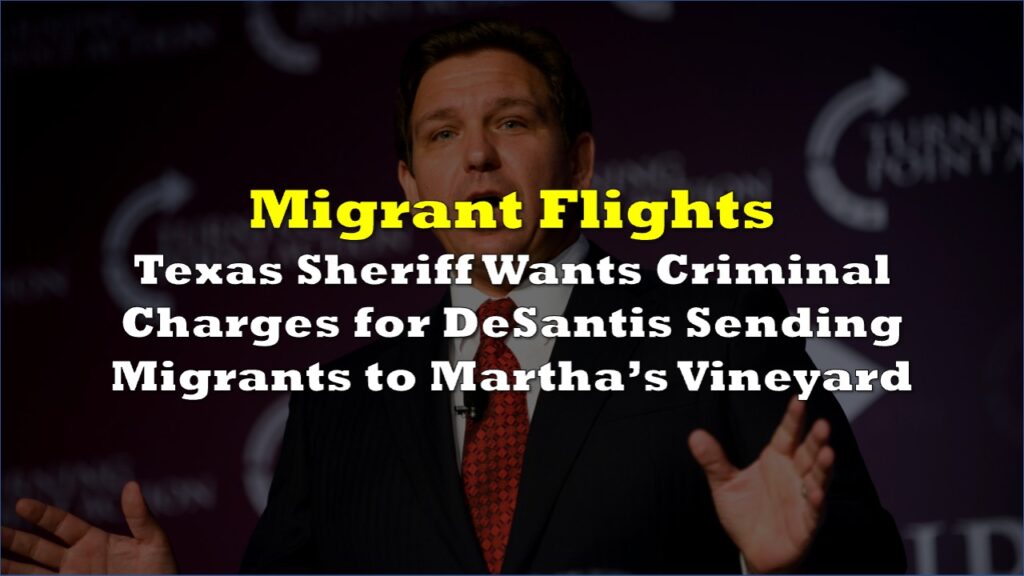On Wednesday, Walt Disney Co (NYSE: DIS) filed a lawsuit against Ron DeSantis, the governor of Florida and a presumptive Republican presidential candidate, alleging that he had subjected the company to a “targeted campaign of government retaliation.”
The entertainment conglomerate wants a court to quash the state’s efforts to manage Walt Disney World in Orlando. The complaint was filed only minutes after a DeSantis-appointed monitoring board voted to overturn February agreements that permitted the firm to develop the theme park while maintaining control over adjoining properties.
Disney called the state government’s action “patently retaliatory, patently anti-business and patently unconstitutional”.
“At the governor’s bidding, the state’s oversight board has purported to ‘void’ publicly noticed and duly agreed development contracts, which laid the foundation for billions of Disney’s investment dollars and thousands of jobs,” the company said. “The governor and his allies have made clear they do not care and will not stop.”
“Don’t say Disney”
The lawsuit represents a major uptick in a year-long struggle between DeSantis and one of his state’s largest employers.
Disney World, formerly known as the Reedy Creek Improvement District, was established in 1967 to provide Disney with regulatory control over public services and other responsibilities in the 25,000-acre area that houses its Florida parks and resorts. In addition to its local tax duties, Disney paid millions of dollars in Reedy Creek taxes to fund those services.
Last year, DeSantis challenged Disney’s long-held self-governing rights when the company objected to his so-called “don’t say gay” laws, which restrict the teaching of gender and LGBTQ+ issues in Florida schools.
Just weeks after Disney condemned the classroom bill, DeSantis approved legislation to repeal the special designation. The action sparked fears that Florida taxpayers in the two bordering counties may face a massive tax bill. The state legislature passed new legislation in February that kept the district intact while allowed DeSantis to pick its five board members.
In response, Disney, which has always appointed members to its oversight board, enacted agreements that kept such powers out of the hands of the DeSantis-appointed board. The newly elected board of the district — now known as the Central Florida Tourism Oversight District — claimed that their Disney-aligned predecessors had deprived them of many of their responsibilities.
Right before the governor’s allies took over, the Disney board granted the business perpetual control over future development in the 27,000-acre area, dampening any powers the governor’s allies might obtain.
DeSantis promised to strike back, joking with reporters about possibly creating a new state jail near Disney World.
State vs. corporate?
In its lawsuit, Disney described its “immeasurable impact on Florida and its economy, establishing central Florida as a top global tourist destination and attracting tens of millions of visitors to the state each year.”
The park employs at least 75,000 employees and receives 50 million visitors every year.
The entertainment giant said that the alleged state government campaign was “orchestrated at every step by Governor DeSantis as punishment for Disney’s protected speech [and] now threatens Disney’s business operations, jeopardizes its economic future in the region and violates its constitutional rights”.
Jeremy Redfern, DeSantis’ deputy press secretary, said in a statement posted on Twitter that there were unaware “of any legal right that a company has to operate its own government or maintain special privileges not held by other businesses in the state.”
“This lawsuit is yet another unfortunate example of their hope to undermine the will of the Florida voters and operate outside the bounds of the law,” Redfern added.
On Disney’s recently filed lawsuit: pic.twitter.com/EEtPcEAs4j
— Jeremy Redfern (@JeremyRedfernFL) April 26, 2023
Florida’s oversight board on Disney also revealed last week that it has discovered another “11th hour agreement” that allows the firm to set its own utility rates at its Orlando theme parks. Board Chairman Martin Garcia announced at a public hearing that a Disney company that provides electricity services to the central Florida district that contains the Walt Disney World Resort secured an agreement in February to extend its contract through 2032.
“Last Friday afternoon I learned for the first time about one of these new 11th hour agreements entered into between Disney and the district. This one relates to our utility services,” Garcia said. “We’ll have to evaluate the legality of that agreement, that essentially enables Disney to set their utility rates. I’ve never heard of such a thing.”
Disney CEO Bob Iger has described efforts to limit Disney’s management of its theme parks as “anti-business” and “anti-Florida.”
DeSantis and his allies had no problem with the self-governing entity until a year ago, according to Disney’s lawyers.
“There is no room for disagreement about what happened here: Disney expressed its opinion on state legislation and was then punished by the State for doing so,” Disney said in its lawsuit.
DeSantis is anticipated to postpone a presidential announcement until after the current legislative session in Florida concludes on May 5.
In response to the complaint, Nikki Haley, the former South Carolina governor and United Nations ambassador who is now vying for the Republican presidential nomination, took a shot at her potential primary competitor.
“My home state will happily accept your 70,000+ jobs if you want to leave Florida,” Haley tweeted at Disney.
Hey @Disney, my home state will happily accept your 70,000+ jobs if you want to leave Florida.
— Nikki Haley (@NikkiHaley) April 26, 2023
We’ve got great weather, great people, and it’s always a great day in South Carolina!
SC’s not woke, but we’re not sanctimonious about it either. pic.twitter.com/uf1PWQjGc5
Disney last traded at $98.91 on the NYSE.
Information for this story was found via CNBC, The Guardian, and the sources mentioned. The author has no securities or affiliations related to the organizations discussed. Not a recommendation to buy or sell. Always do additional research and consult a professional before purchasing a security. The author holds no licenses.









